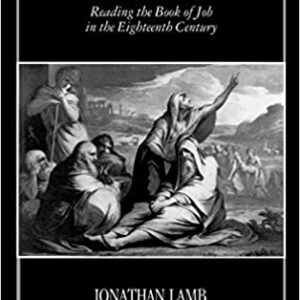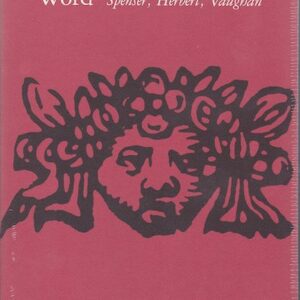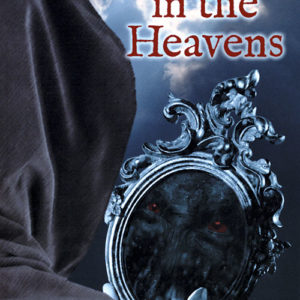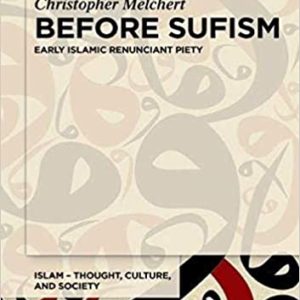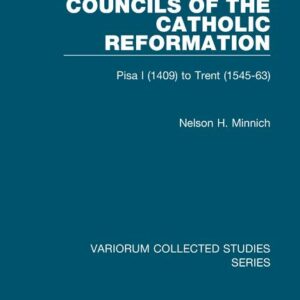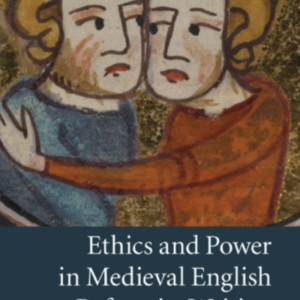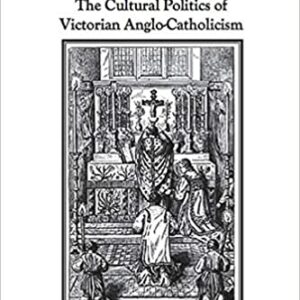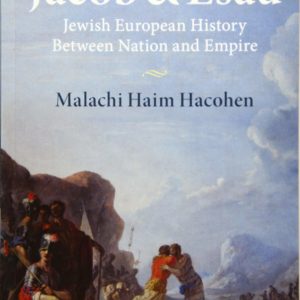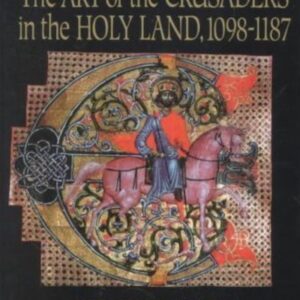
The Art of the Crusaders in the Holy Land, 1098-1187
By Jaroslav Folda (NHC Fellow, 1988–89; 1998–99; 2006–07) The Art of the Crusaders in the Holy Land, 1098-1187 examines the art and architecture produced for the invading Crusaders in Syria-Palestine during the first century of their quest to recapture and control the holy sites of Jerusalem, Bethlehem, and Nazareth. Commissioned by kings and queens, patriarchs, … Continued

